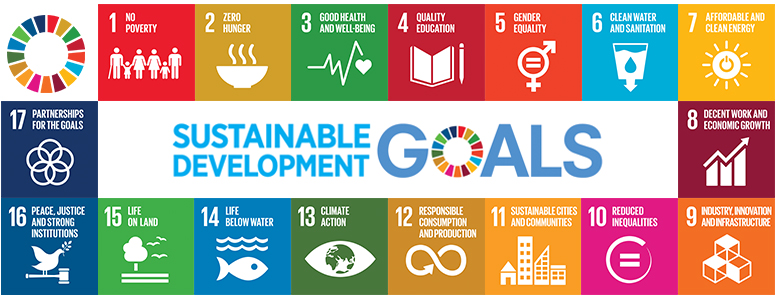


Author: Giorgi Kldiashvili, Executive Director of the Institute for Development of Freedom of Information (IDFI) and CSO Steering Committee Member of the Open Government Partnership (OGP)

The 2030 Agenda for Sustainable Development sets ambitious goals and reaching them constitutes a considerable challenge globally. The High-Level Political Forum (HLPF) held in July this year demonstrated that the progress towards achieving the Sustainable Development Goals (SDGs) is slow. The same is true for Georgia. The Sustainable Development Report 2019 emphasizes that more in-depth, fast, and robust steps are needed in order to achieve the social-economic transformation of states and enable the realization of the SDGs.
The SDGs cannot be reached by public institutions alone working in silos. It is necessary to include all relevant stakeholders in the process and share responsibilities.
Cooperation between civil society and government is the cornerstone of the Open Government Partnership (OGP). OGP members take the responsibility to be more open to citizen participation and include them in the decision-making process. OGP can be a vital partner to achieve the SDGs.
The above mentioned was also officially stated in the Joint Declaration on Open Government for the Implementation of the 2030 Agenda for Sustainable Development, adopted by the members of the OGP Steering Committee in New York, September 2015. Moreover, in February this year the UN Development Programme (UNDP) and the OGP made a joint commitment to advancing the 2030 Agenda for Sustainable Development through open government initiatives and signed a Memorandum of Understanding (MoU). Based on the MoU both organizations will collaborate to leverage OGP action plans as a mechanism to advocate for domestic reforms that enhance efforts to achieve the SDGs.
The case of Georgia is a good example of how OGP supports the implementation of the SDGs. Georgia’s latest OGP action plan includes a commitment to develop an effective system of public monitoring of the SDGs implementation process. Namely, according to the commitment of the Government Administration of Georgia, a new website (SDG Tracker) will be developed and implemented in order to enable effective and transparent monitoring of the SDGs.
The purpose of the SDG Tracker is to centralize comprehensive information on the SDGs nationalization and localization processes. Using the front-end of the website, users will be able to receive information online on the progress achieved within each goal and the activities carried out by the public agencies for meeting the SDGs, while the back-end of the system will be designed for internal management of the SDGs nationalization and localization process.
Based on the cooperation between the government entities and the Institute for Development of Freedom of Information (IDFI), the SDG Tracker was created with the support of UNDP and the Swedish International Development Agency (SIDA). The website will be fully functional by the end of the year.
Today, when the progress of SDGs implementation is slow on a global scale, it is crucial to fully realize the importance of already existing platforms such as OGP. Countries should take more initiatives to reflect specific challenges linked with SDGs in their OGP action plans. At the same time, national authorities should internalize the role of civil society organizations in the implementation process of the SDGs and ensure close cooperation with them based on multi-sectoral initiatives.